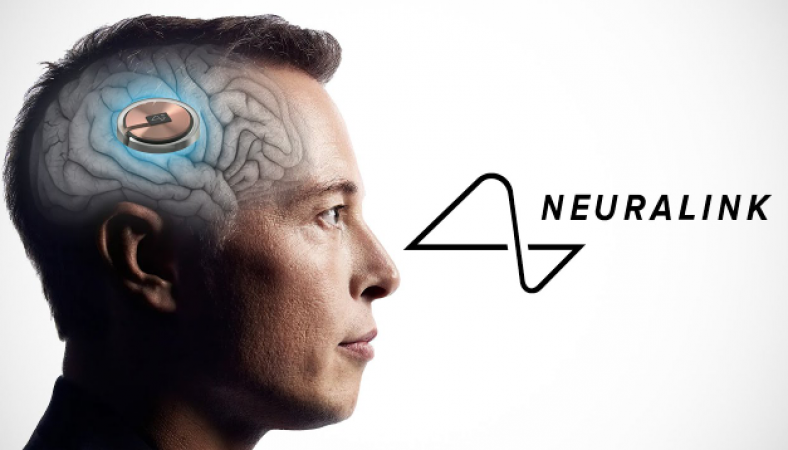
USA: Seven current and former employees of the US Food and Drug Administration told Reuters on Thursday that the agency had turned down clinical trials for billionaire Elon Musk's Neuralink brain implant.
Before conducting human testing, the company must address a number of safety concerns raised by the regulator, which is a goal they had hoped to accomplish this month.
When the FDA denied Neuralink last year, it cited dozens of "deficiencies" that prevented human trials from proceeding. To address the agency's worry that the tiny threads that interface with the wearer's brain could migrate, alter brain and implant functionality, cause inflammation, rupture blood vessels, and harm the delicate tissue, staff members said, dozens of pigs have already been pressed into experimental service.
Also Read: Seized weapons from the Houthis "indicate a plan for a new offensive"
Neuralink removal without causing harm is another issue that the FDA is reportedly worried about, despite the company's assurances. Employees claimed this issue has not been adequately addressed.
Experts told Reuters that Neuralink's lithium batteries could cause brain damage if they even overheat, just like the lithium-ion batteries that power Elon Musk's Tesla electric cars, which can burn for hours at 3,000 degrees Fahrenheit if struck the wrong way. The remotely rechargeable battery's "very unlikely" failure is something the FDA wants Neuralink to demonstrate with animal studies.
Also Read: Gaza issues a warning that a landfill fire could continue for days and requests assistance
Musk reportedly hurried the animal experiments in an effort to allay the FDA's safety concerns because he was dissatisfied with the regulatory green light. Alarms have been raised regarding the treatment of the animals, and as a result, the Department of Agriculture is investigating possible violations of the Animal Welfare Act.
The Department of Transportation is currently looking into whether Neuralink correctly followed safety procedures when discarding animal brain chip material.
The Tesla billionaire has bragged in the past that Neuralink is so safe that he would implant it in his own children, that it will allow paralysed people to regain full mobility, and that users will eventually be able to "save and replay memories."
Also Read: Why riot police were called after Sara Netanyahu visited a hair salon
Dongjin Seo, vice president of engineering at Neuralink, stated at a conference last month that the company's "primary short-term goal" was simply to assist people with paralysis in using computerised text for communication. Anything else was "long-term," he claimed.
Employees told Reuters that despite the company's most recent prediction that the FDA would approve human trials on March 7, 2023, there were no imminent regulatory approvals.